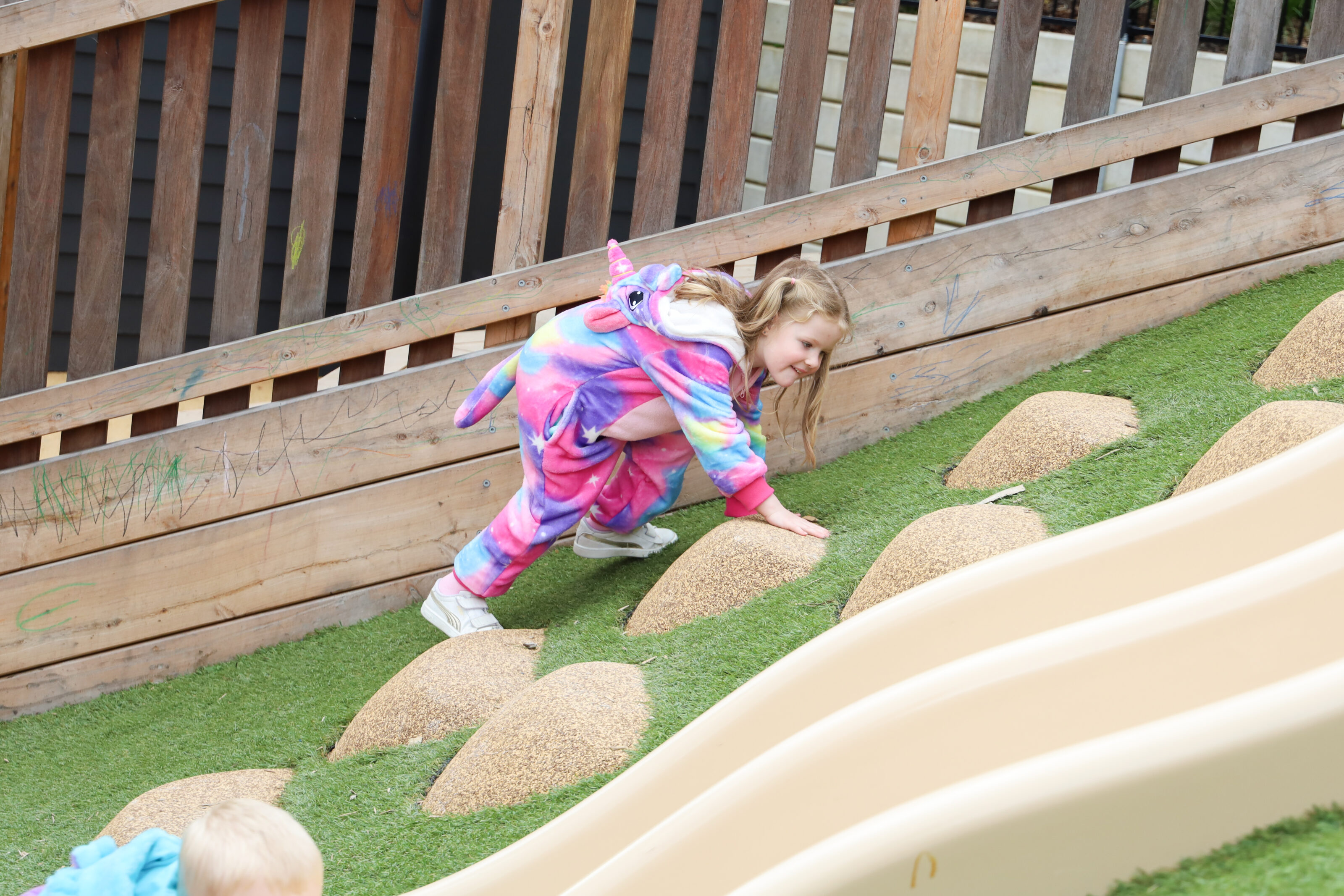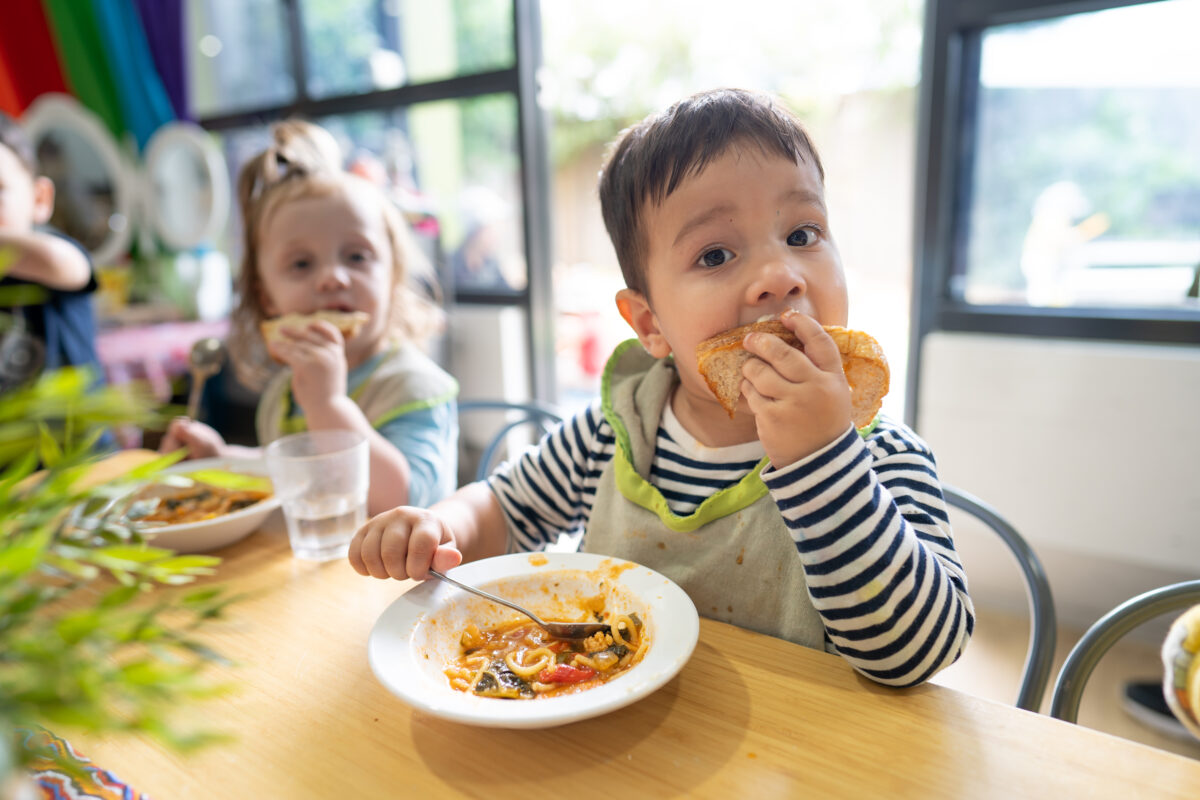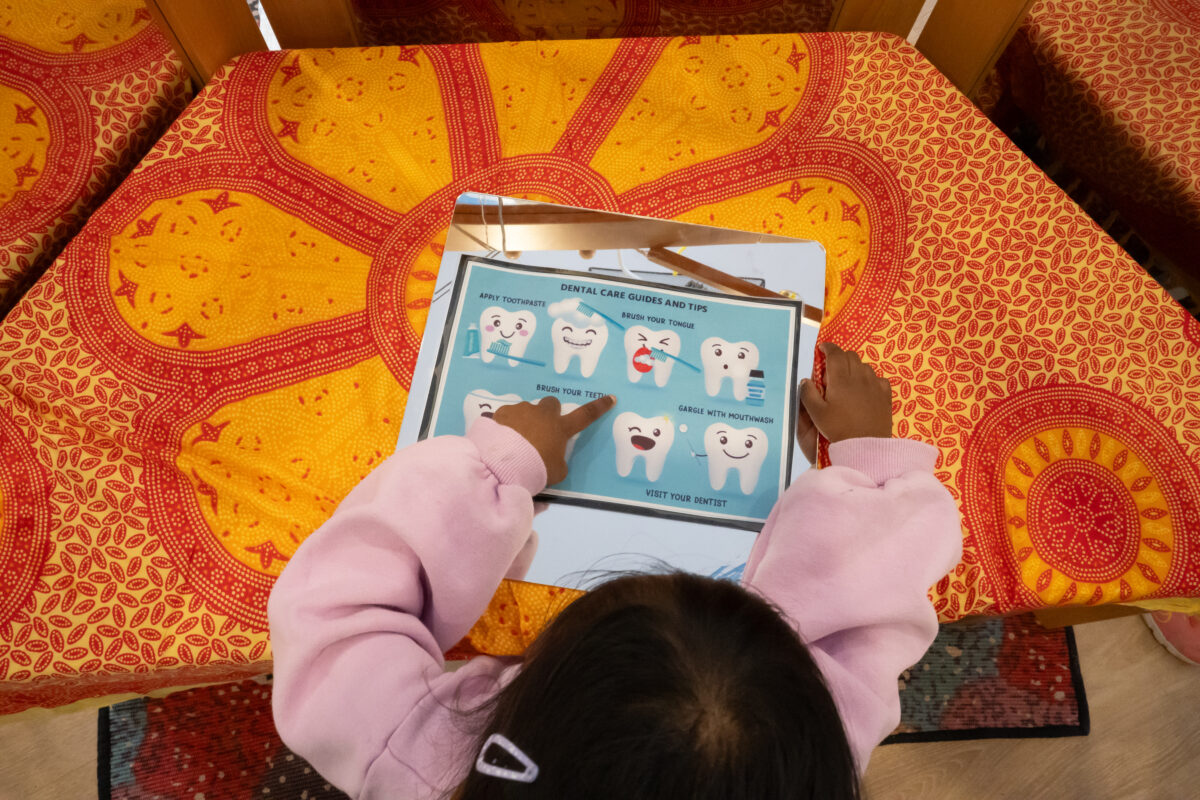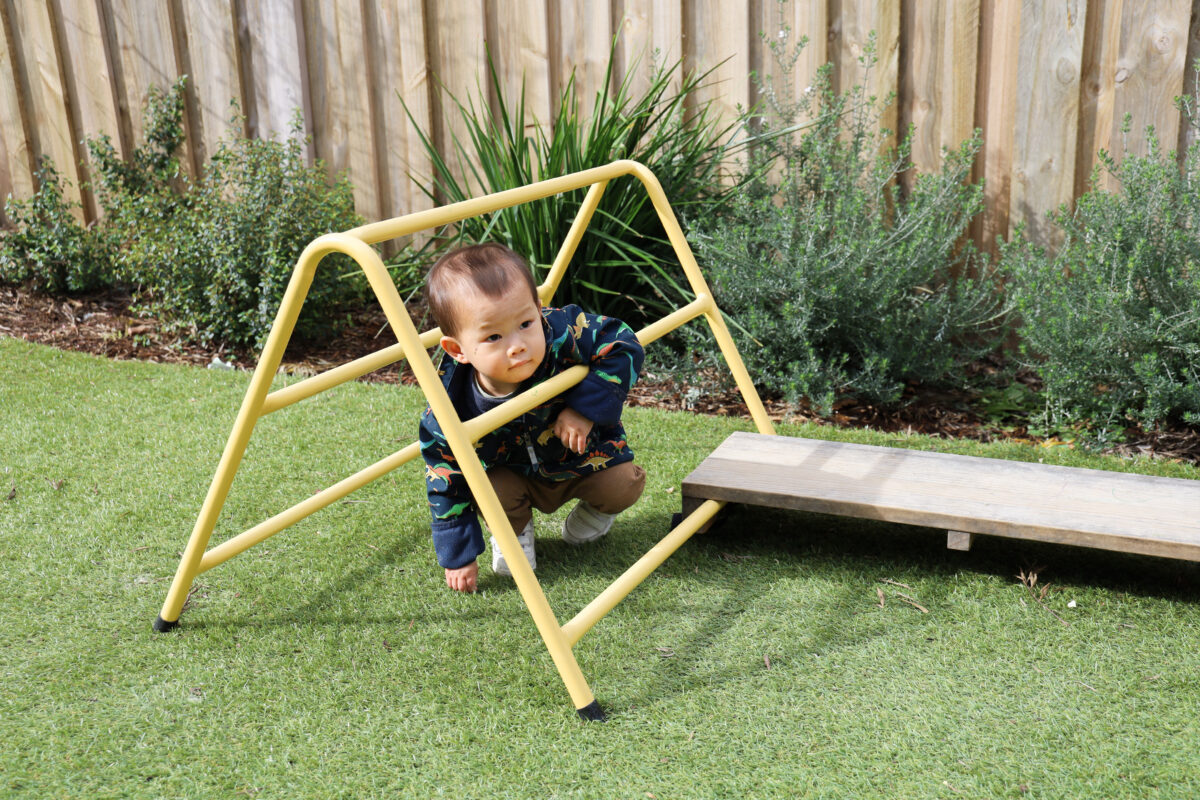Flu Frenzy: How to Boost Your Child’s Immune System This Winter
14 July 2025

Worried about your child getting the flu this winter? Here’s how to best support them during the sick season, boost their immune system and minimise the risk of them getting sick.
Influenza season in Victoria typically spans from June to September. During these months, the risk of your child coming down with the flu is much higher. With record-high cases of the flu impacting Australian’s across the country this year, it’s more important than ever to be vigilant about your child’s health to minimize the risk of them catching the flu.
The Victorian Department of Health recommends for everyone to receive an annual influenza vaccination from mid-April onwards. As well as this, there are a variety of ways to help reduce the likelihood of your child coming down with the flu.
On top of ensuring your child is dressed appropriately for the cold, one of the most beneficial things you can do as a parent is to boost your child’s immune system. The immune system is the body’s first line of defense and if under stress, the ability to fight off a cold, infection or other illness is reduced.
Continue reading for our full breakdown on how to support your child’s immune system during the flu season to reduce the risk of sickness and encourage a quick recovery.
Signs and Symptoms
First and foremost, it’s important to know what signs to look out for when worried that your child may be coming down with the flu.
The most common symptoms to look for if worried your child does have the flu include:
- Runny or stuffy nose
- Sore throat
- Loss of appetite
- A dry cough
- Body aches and lethargy
- High fever (38 degrees or more)
- The shakes or chills
Best Nutrition to Boost Your Child’s Immune System
One of the best ways to boost your child’s immune system is by providing them with both delicious and nutritious foods.
As an infant or toddler, your child’s immune system will be continually changing and developing. Therefore, it’s important that they are provided with the right nutrition from birth to support their development and growth.

Incorporating a wide range of nutrient-rich foods and good sources of prebiotics will help build up your child’s immunity, in turn helping their long-terms health as well as give them a solid defense against sickness during the colder months.
Prebiotics
Prebiotics help protect your child’s stomach again potentially harmful bacteria by promoting the presence of beneficial bacteria in the stomach. Some of the best sources of prebiotics for children are:
- Banana
- Tomato
- Onion
- Garlic
- Whole-wheat foods
Iron
Iron is vital for stimulating the formation of haemoglobin, the protein found in red blood cells that works throughout the body to ensure oxygen is transported around the body. On top of aiding cognitive development for children, an iron-rich diet will reduce the chances of your child being susceptible to infection. Some of the best sources of iron for children are:
- Meat
- Beans
- Nuts
- Spinach and other dark green and leafy vegetables
Zinc
Zinc is one of the most important minerals to include in your child’s diet to develop their immune system. Given that the body doesn’t store zinc, it’s vital that your child’s diet is rich with this mineral, particularly during the flu season. Some of the best sources of zinc for children are:
- Milk
- Cheese
- Bread
- Cereal
- Meat
Vitamin D
Consistent supply of Vitamin D is another essential nutrient that plays a vital role in supporting the development of your child’s immune system and defense against infection. What’s more, a Vitamin D heavy diet is also linked to the prevention of allergies, a growing health concern throughout Australia.
While the most accessible and effective source of vitamin D is sunlight, the lack of exposure to the sun throughout the darker months of winter means many are at risk of having a lower vitamin D intake than they need.
Thankfully, there are plenty of food sources that are rich in Vitamin D, including:
- Eggs
- Fish
- Mushrooms
Vitamin C
Another important mineral to reinforce your child’s immune system is Vitamin C. As a natural antioxidant, a strong source of Vitamin C is needed by white bloods cells to fight infection if your child does get ill. Some of the best sources of Vitamin C for children are:
- Oranges
- Broccoli
- Capsicum
- Kiwi fruit
- Sweet potato
Vitamin A
The final mineral to include in your child’s diet is Vitamin A. This mineral helps support immune cell function and generate antibody response to minimise sickness and promote recovery as quickly as possible. Some of the best sources of Vitamin A for children are:
- Eggs
- Cheese
- Yogurt
- Carrots
- Spinach
It’s important to add that on top of feeding your child the right nutrients, drinking water and fluids is vital to strengthen their immune system.
Rest is Best: How a Good Night’s Sleep Can Make All the Difference
Getting a good night’s sleep is always important, particularly in supporting the development and growth of babies, toddlers and children.
As stated by Essendon Natural Health, “good sleep is the cornerstone of a robust immune system.”
Good quality sleep allows the body to rest and recharge. In the case of warding off sickness, sleep boosts the immune system and will help minimize the chance of your children developing a cold or an infection.

What’s more, rest is also a key factor when promoting recovering and if your child is sick, ensuring they can stay warm and sleep off their illness will speed up the process.
While every child has different sleeping patterns evolve and change over time, The Royal Children’s Hospital Melbourne recommends the following amount of sleep:
- Children aged between one and three-years-old: 12 – 14 hours of sleep
- Children aged between three to six-years-old: 10 – 12 hours of sleep
Stop the Spread of Germs & Encourage Good Hygiene Habits
Influenza is a highly contagious sickness and can spread between people rapidly. Teaching your children to uphold and practice good hygiene, while simple, can go a long way in minimizing the risk of them getting sick.
If your child does get sick, good hygiene habits will also reduce the chances of infection spreading to their peers, family members and others.

Take some time to chat to your children about:
- Washing their hands thoroughly and when appropriate
- Covering their mouth to cough
- Using tissues to clean their nose after sneezing
- Wear a face mask around others if comfortable doing so
Keeping the Flu Out of Explorers
At Explorers Early Learning, we take the time and energy to ensure all our centres support every child’s health and wellbeing.
During the flu season, this pillar of care is more vital than ever to ensure the risk of children, educators, and families getting sick is as low as possible.

Some of the ways in which Explorers works to ward off illness spreading through centres includes but is not limited to:
- Nurturing good hygiene habits
- Open communication with families
- Ensuring air circulation and regulation across every room
- Encouraging the importance of warm clothing
- Cleaning surfaces, toys and tools consistently
- Check in regularly with children
What’s more, our qualified centre chefs prepare meals everyday as part of our seasonal menu approved by Nutrition Australia. The meals provided are filled with the nutrients required to boost your child’s immune system and promote healthy, happy eating.
🍃 To tour one of our beautiful centres, please click here. Otherwise, check out our website to register your interest at Explorers Early Learning today!